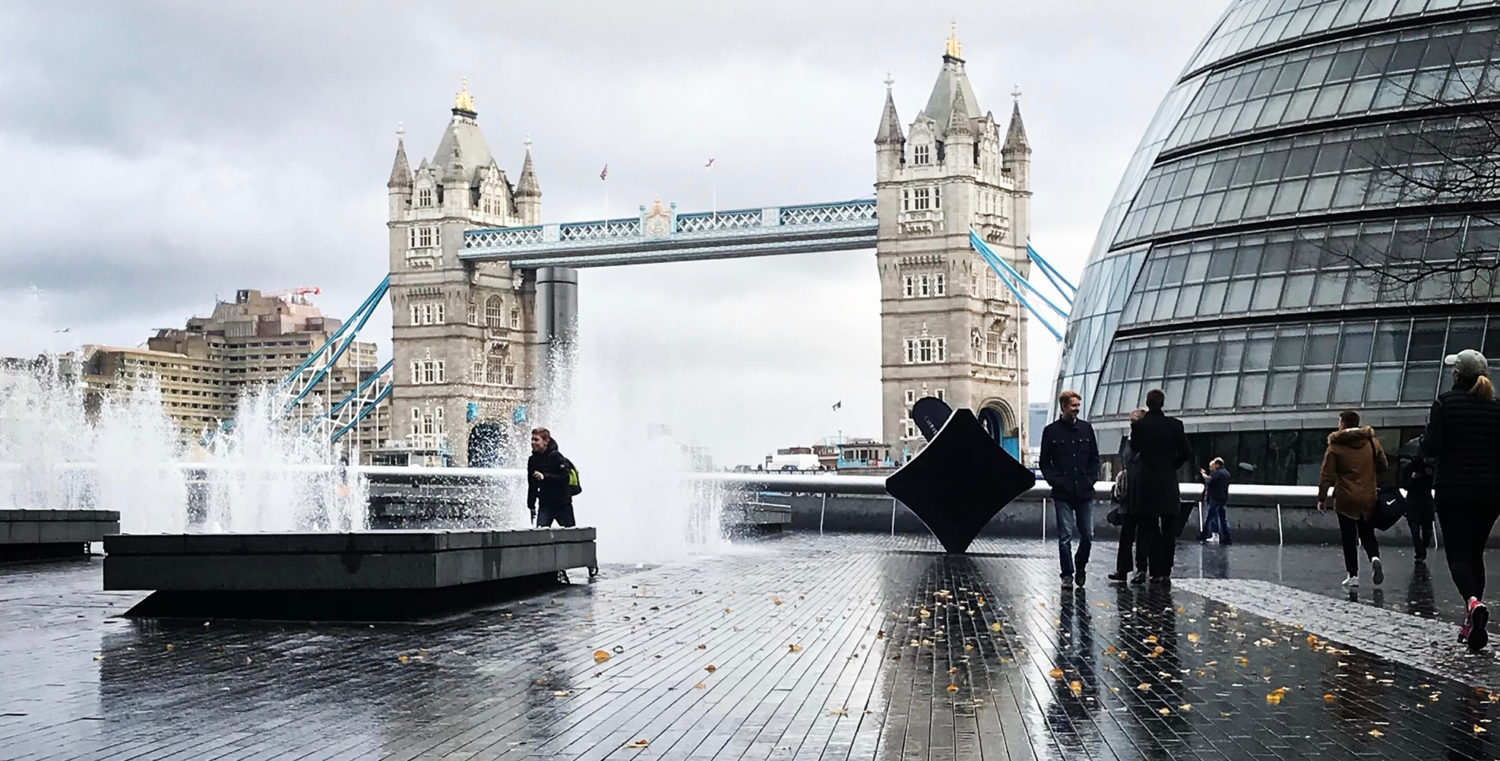Modern hinterlands
Whether they like gardening, sport or jam-making, politicians should be recognised for the real people they are, writes Penny Andrews.
If there is a sight greater than that of Denis Healey riding a lawn mower around his hilly garden, I want to know about it. It is an image that fills me with such joy, and yet it never gets a mention in accounts of his rich and full life – other than the documentary for which the clip was filmed.
Healey’s wife Edna is believed to be the first person to refer to a politician’s interests and experiences beyond politics as their ‘hinterland’. It is said she coined the term when worrying about Margaret Thatcher’s seeming lack of hobbies.
Denis titled his autobiography Time Of My Life, in which there are photographs of him playing the piano raucously, enjoying art and literature and all the other things that made up his rare and cultured existence. Winston Churchill apparently relaxed by painting and bricklaying. The racists’ racist, Enoch Powell, drew admiration for his love of poetry.
Nowadays however, it seems we know less about MPs’ intellectual hinterlands. Perhaps this is because the range of backgrounds and previous careers of MPs before entering politics is rather more limited than in the past, and critics often berate them for their lack of substance. But there are certain MPs whose hinterlands attract more – or less – attention – and the trends here give some insight into how we perceive and treat our politicians as well as the expectations we have of them.
It is privately-educated men who are most praised in the press for their colourful and characterful antics, with Boy’s Own adventurer Rory Stewart being the current favourite. Travel books! Middle Eastern travel! On foot! Delivering his own first child! But who can forget Boris Johnson, who made his name with the general public through appearing a jolly good sport on Have I Got News For You? There’s also Jeremy Corbyn, with his allotment and jam-making, which draw both ridicule and fondness from the media and voters alike.
Working-class male politicians are rarely thought to be so interesting; their real fondness for following football drawing less attention than the amusing sight of our leaders trying to dance or play tennis on camera. Football is not portrayed as ‘real culture’ in the media – perhaps because it offers a sign of life outside politics and that ever-elusive status of politicians being ‘real people’, rather than but a symbol at which to hurl abuse. Cynthia “Crawfie” Crawford, personal assistant to Margaret Thatcher, shared an interest in clothes and fashion magazines with her boss. Common interests termed as ‘low’ or ‘popular’ culture may not be more ‘real’ than classical music and poetry, but they are certainly not less real or important.
When it comes to women in the media, it appears they aren’t meant to have hinterlands either, whatever their class. Nadine Dorries and Kezia Dugdale both went on I’m A Celebrity while sitting politicians, but neither added much to their reputation or personhood by doing so. Reality shows do not seem to add much realness.
Being noisy on social media helps somewhat – Jess Phillips has been accorded a status of ‘realness’ few others are lucky to receive in the current climate, especially given she is not in the cabinet or shadow cabinet, and she regularly appears in broadsheet interviews. Stella Creasy keeps her reputation as the indie-loving music fan (even if she does like Shed Seven).
The downside of a higher profile is a greater level of mistreatment. Women who pursue the same policy aim or make similar comments to male colleagues receive more direct and indirect abuse – in the form of social media posts, letters, phone calls and street harassment.
Of course, the reality of MPs’ lives is such that it is difficult to have time to do much outside of politics while parliament is sitting, particularly if you have a large ministerial or select committee role. Plus, it is surely understandable that what private life you have, you would probably like to keep private. But often, MPs’ non-political activities go unreported or barely noticed until after they leave politics.
The platonic political love of my life, Ed Balls, did plenty while still a minister and shadow chancellor, including learning the piano, cooking, playing cricket and football and attending concerts. However, nobody seemed to notice his ‘realness’ until he left politics and the public started to notice that he was not the humourless bruiser portrayed by the media, but camp and funny with knowledge and interests galore. His hinterland was always immense, but it didn’t get seen until he did Strictly Come Dancing, as well as his documentaries and regular daytime TV appearances.
What does this mean for our politics? Do politicians have to have hobbies? If they have the time and inclination, it is up to them which of their interests, if any, they pursue while in an elected role. Disabled, single parent and chronically ill MPs are part of our reality too, and they are no lesser representatives for having reduced capacity to amuse us outside their roles. It does all MPs a disservice when they are attacked based on their voting record with no knowledge of their context, the party whip or the pairing system.
Some MPs have a fascinating backstory, whether it comes from privilege, luck or the lack of either. It should not be a problem for their policymaking if they do not. The narrative that really matters is the one they are living and working now and what they do for their constituents and the country.
We should treat all politicians as the real people they are, and the media should help us to see the light and shade of all of them. Maybe then they would be less likely to be dehumanised, abused and ‘memeified’ by people who disagree with their position on Brexit, Corbyn or a hundred other issues.

